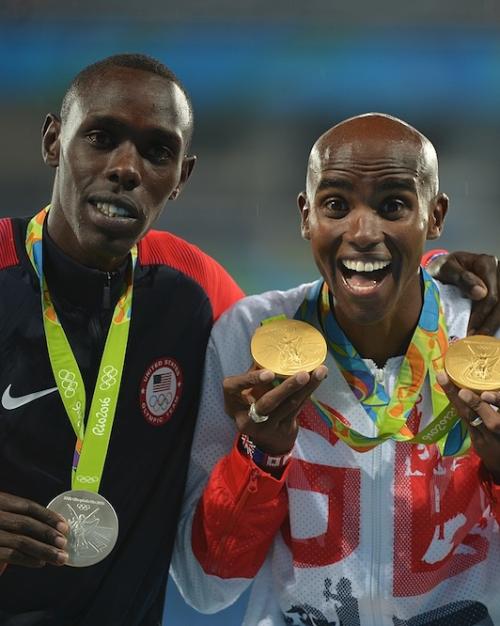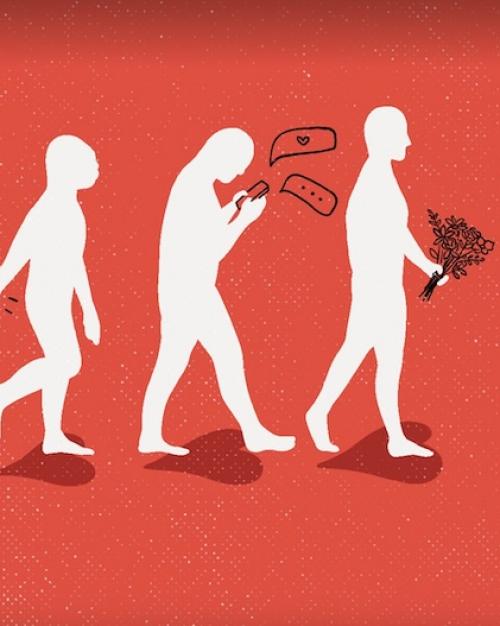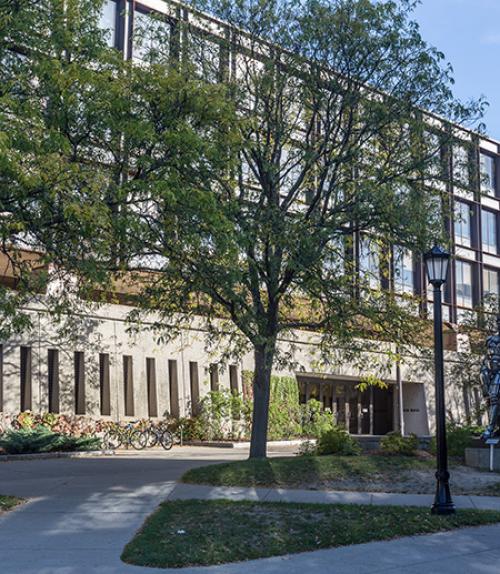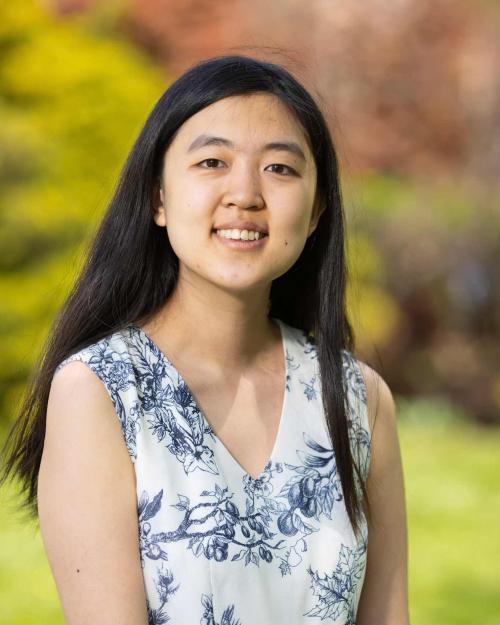Mara Xiong
Psychology
Odessa, Fla.
Why did you choose Cornell?
I chose Cornell because when I was first accepted, I was honestly pretty clueless about what I wanted to do with my life. In high school, I was interested in a variety of subjects, including but not limited to creative writing, psychology, classics, linguistics, music, and European history. I was not sure how I could choose the "right" major from these interests, nor was I sure that any of these interests would translate to a "real" job once I graduated college. I loved how Cornell provided rigor and discipline in almost every department I had the pleasure of taking a class in, from philosophy to statistics to anthropology. I also found that the College of Arts & Sciences provided a grounded, interdisciplinary perspective that encouraged exploration and integration of multiple disciplines.
What have you accomplished as a Cornell student that you are most proud of?
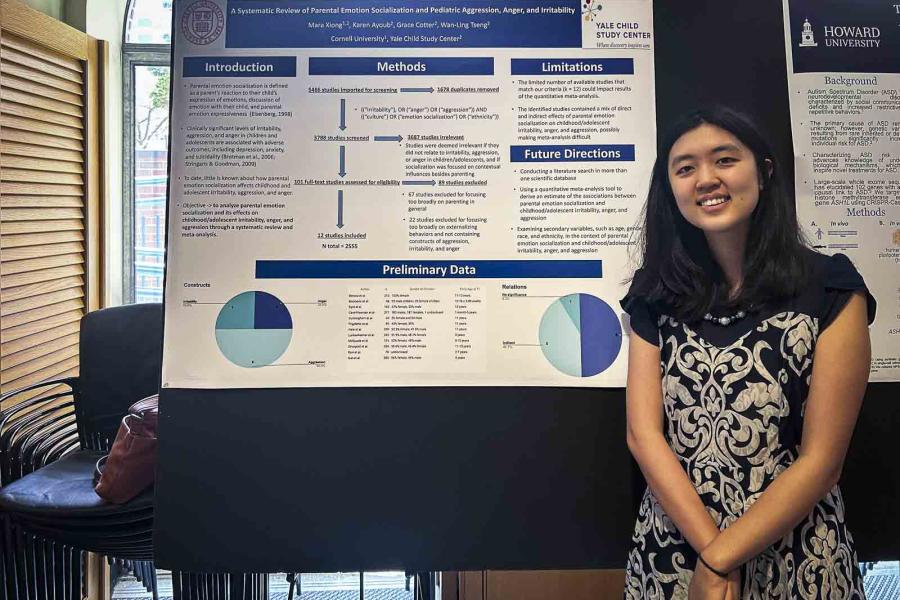
In the last few years, I have been heavily involved in research. In my sophomore year, I became involved with virtual research at a Stanford-based Asian mental health clinic, where I took a leading role on a survey study examining racial discrimination during COVID-19 and its impact on Asian undergraduates. A little later, I began conducting research with the Asian American Center on Disparities Research in California, where I worked on a team to examine the efficacy of cognitive-behavioral therapy for Asian-Americans. The semester before my senior year, I received a Summer Experience Grant from Cornell and was accepted to a summer internship at the Yale Child Study Center, where I received lots of professional mentorship and began a preliminary meta-analysis on parental socialization of emotion and its associations with pediatric irritability, aggression and anger. I have already presented my research at local conferences in Ithaca and New Haven, with upcoming local, national, and international conferences in Ithaca, New York City, Seattle, and the Czech Republic. Research has been an activity that I am very proud of, but I am most proud of my ability to cultivate and maintain my personal relationships across campus. My loved ones are probably a better judge than myself of how well I've done in this regard, but I hope they know that without their bad jokes, words of advice and engaging conversations, I would not have been as productive or fruitful in my academic and professional life.
How have your beliefs or perspectives changed since you first arrived at Cornell?
Before I came to Cornell, I had never considered myself a "science" person. I thought of research as a heavily abstract and technical activity, dominated by lab coats, Einstein hair and test tubes. At Cornell, I learned to deeply appreciate empirical research. I learned how research can be applied to settings outside the lab, and I learned how research can be leveraged to improve people's lives. If you told me in high school that I would have been this involved in research for much of my college career, I would have laughed.
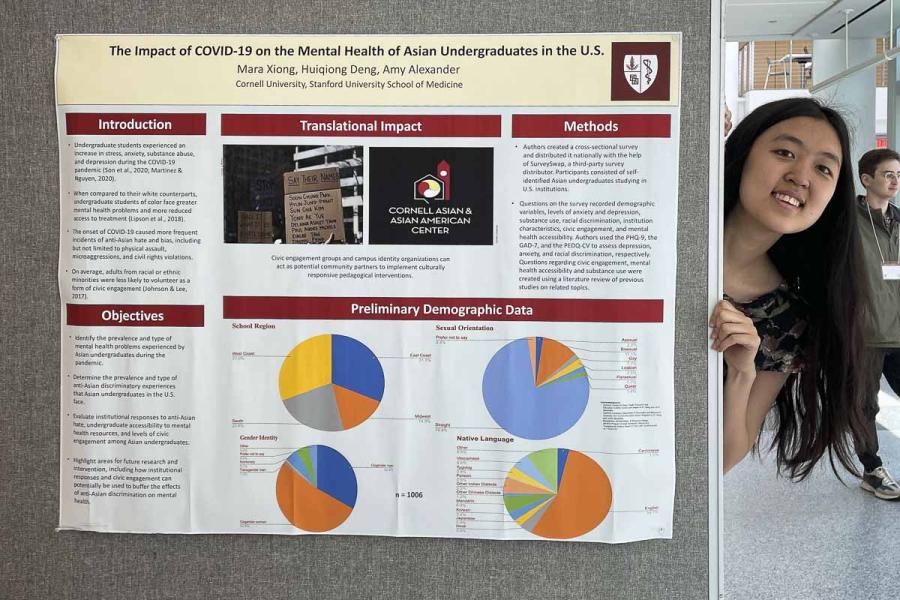
Who or what influenced your Cornell education the most?
Lauren Korfine, the director of undergraduate studies in the psychology department, has influenced my education the most. Over the course of three semesters, I took three classes with her: Psychology of Gender, Gender & Psychopathology and Research Methods in Human Development. As a lecturer, I found her to be engaging and knowledgable, and I gained a lot of insight about psychology from her courses. As a person, I found her to be inspiring and kind. She was someone at Cornell who encouraged me to pursue a graduate degree and continue conducting research, and she was also someone at Cornell who unconditionally supported me during many periods of self-doubt and impostor syndrome. From Dr. Korfine, I learned to value my intrinsic worth - my intrinsic worth as a person, rather than a worth based on grades, accolades, or salary.
If you were to offer advice to an incoming first year student, what would you say?
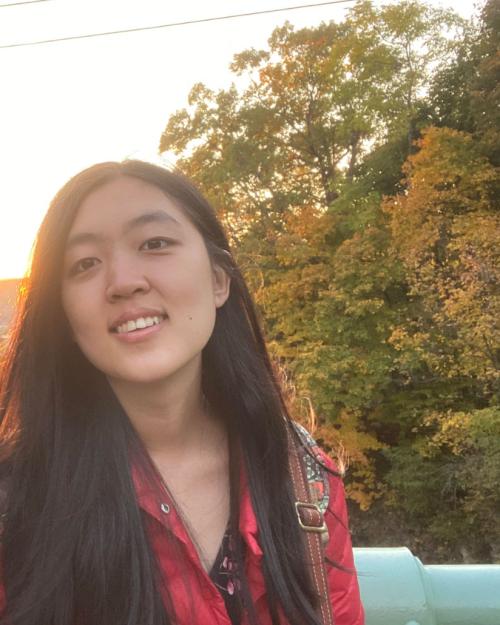
Study what you like, even if (especially if!) its a more "unconventional" major. Don't pick a major based on what you think will give you the most job opportunities or the highest salary after graduation. Our world is ever-changing, ravaged by the lingering effects of a deadly pandemic. It is dominated by an explosion in AI, which already is fundamentally altering the nature and function of many occupations. In this new society, it is not necessarily proficiency in a specific discipline that is valued, but rather the ability to learn quickly, approach problems in a creative manner, and lead an innovative new path.
Every year, our faculty nominate graduating Arts & Sciences students to be featured as part of our Extraordinary Journeys series. Read more about the Class of 2024.


